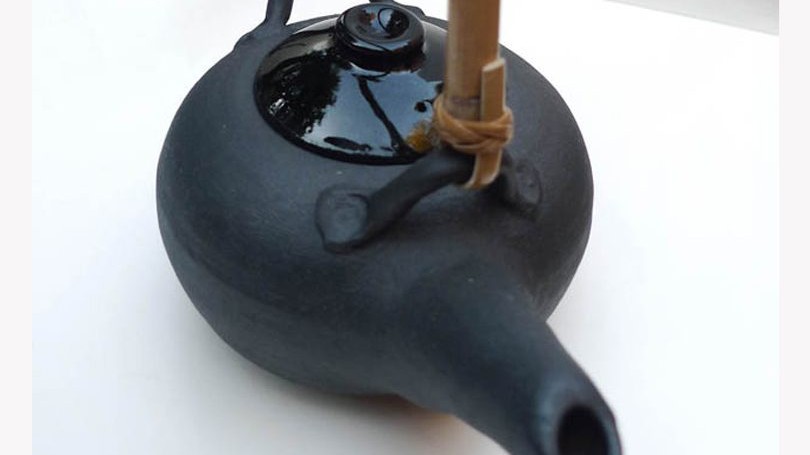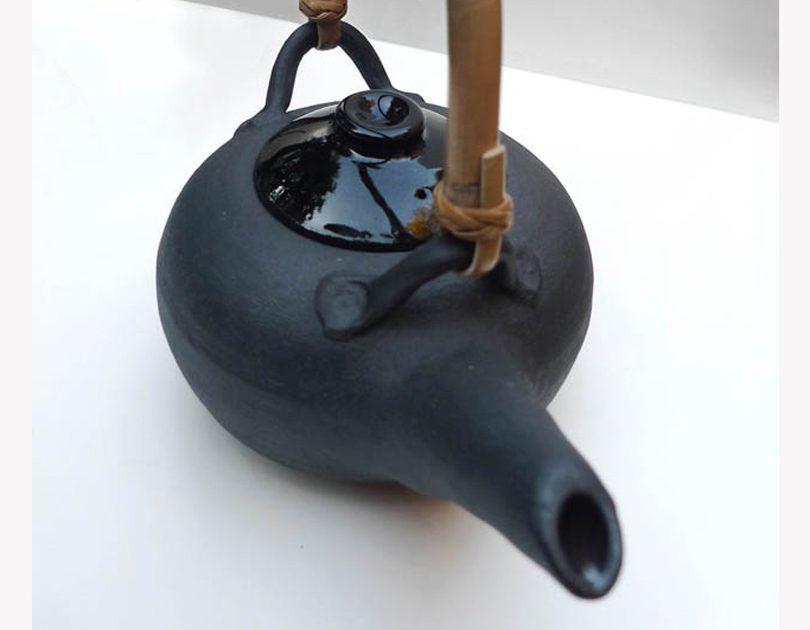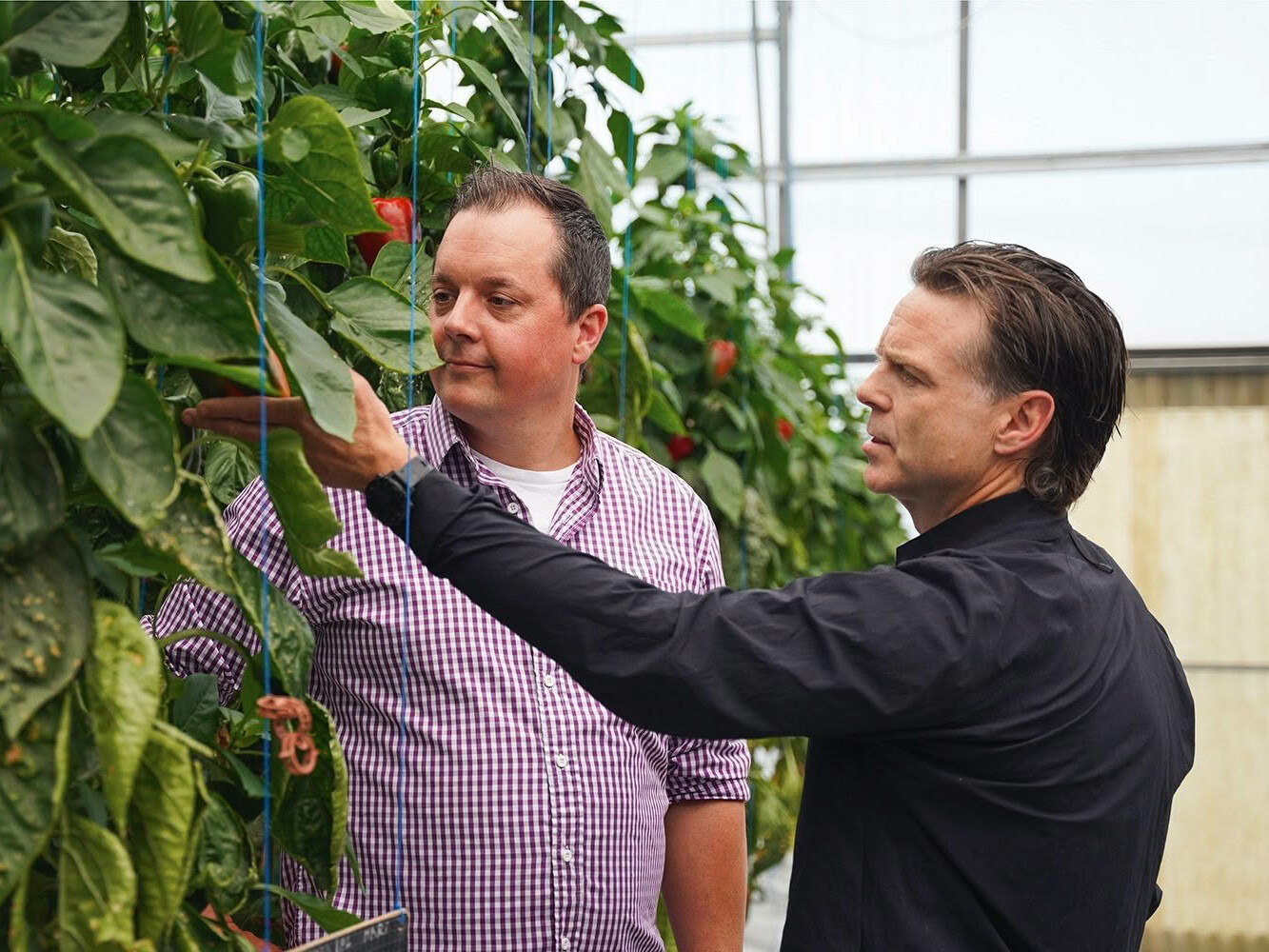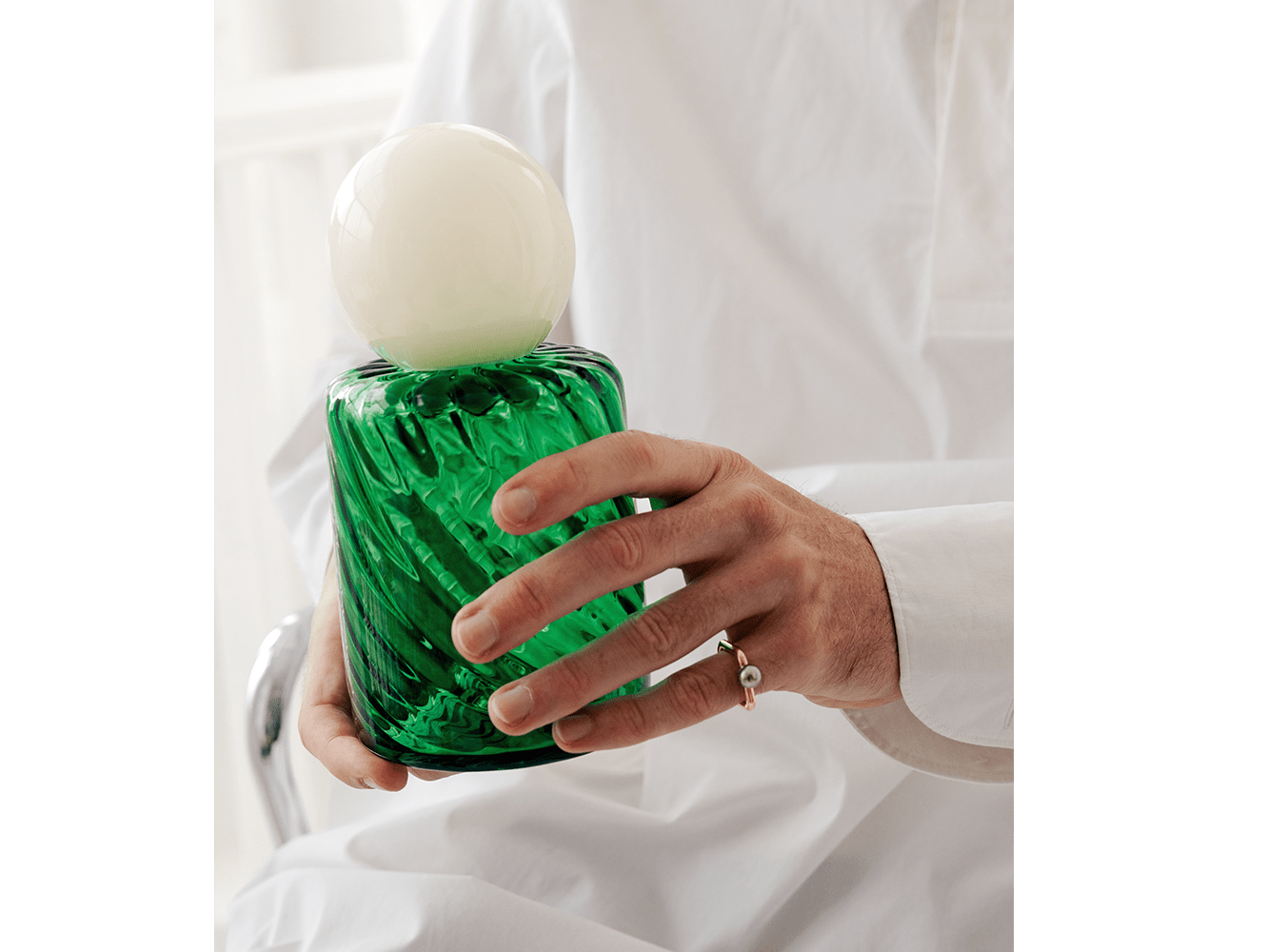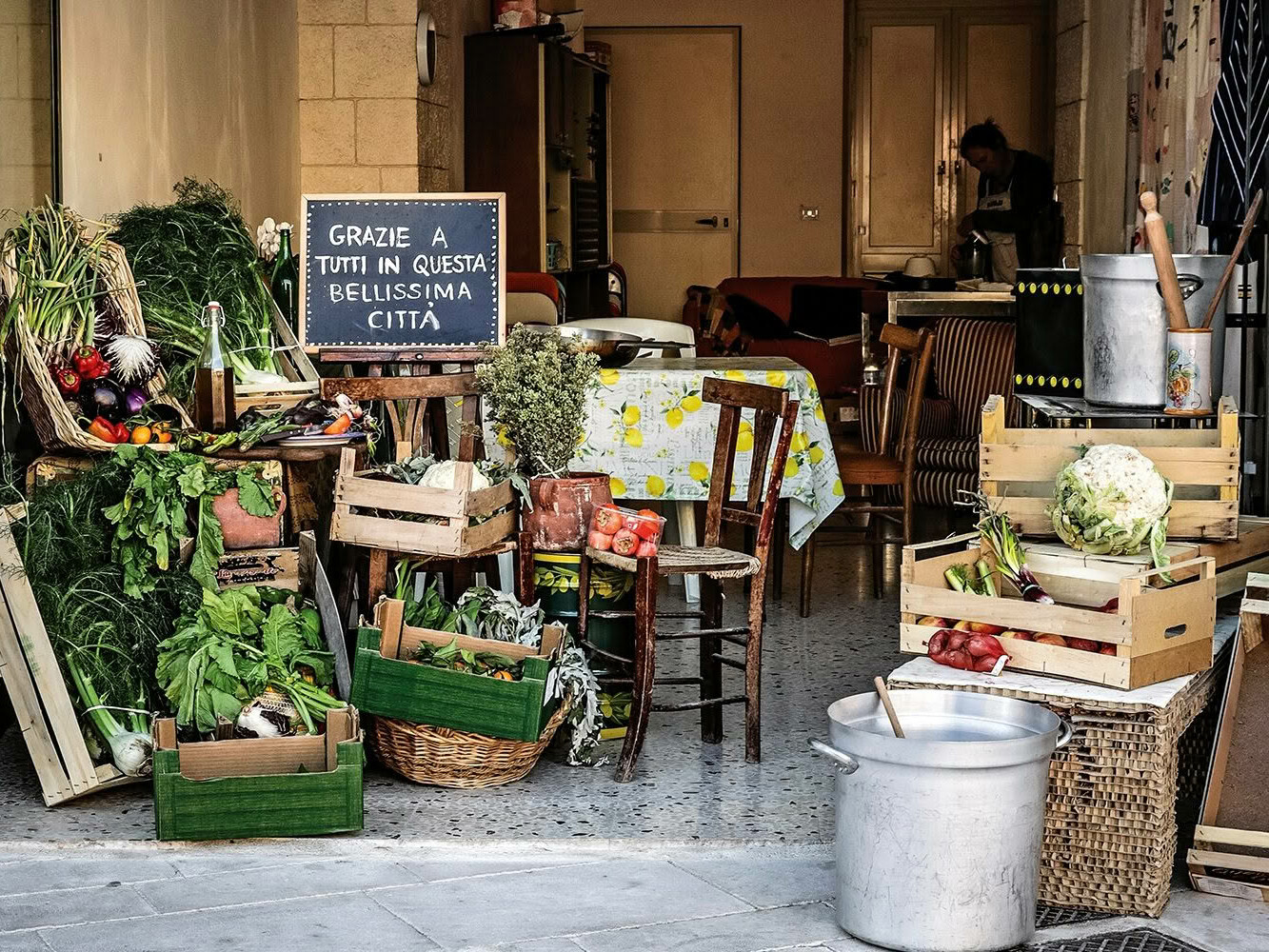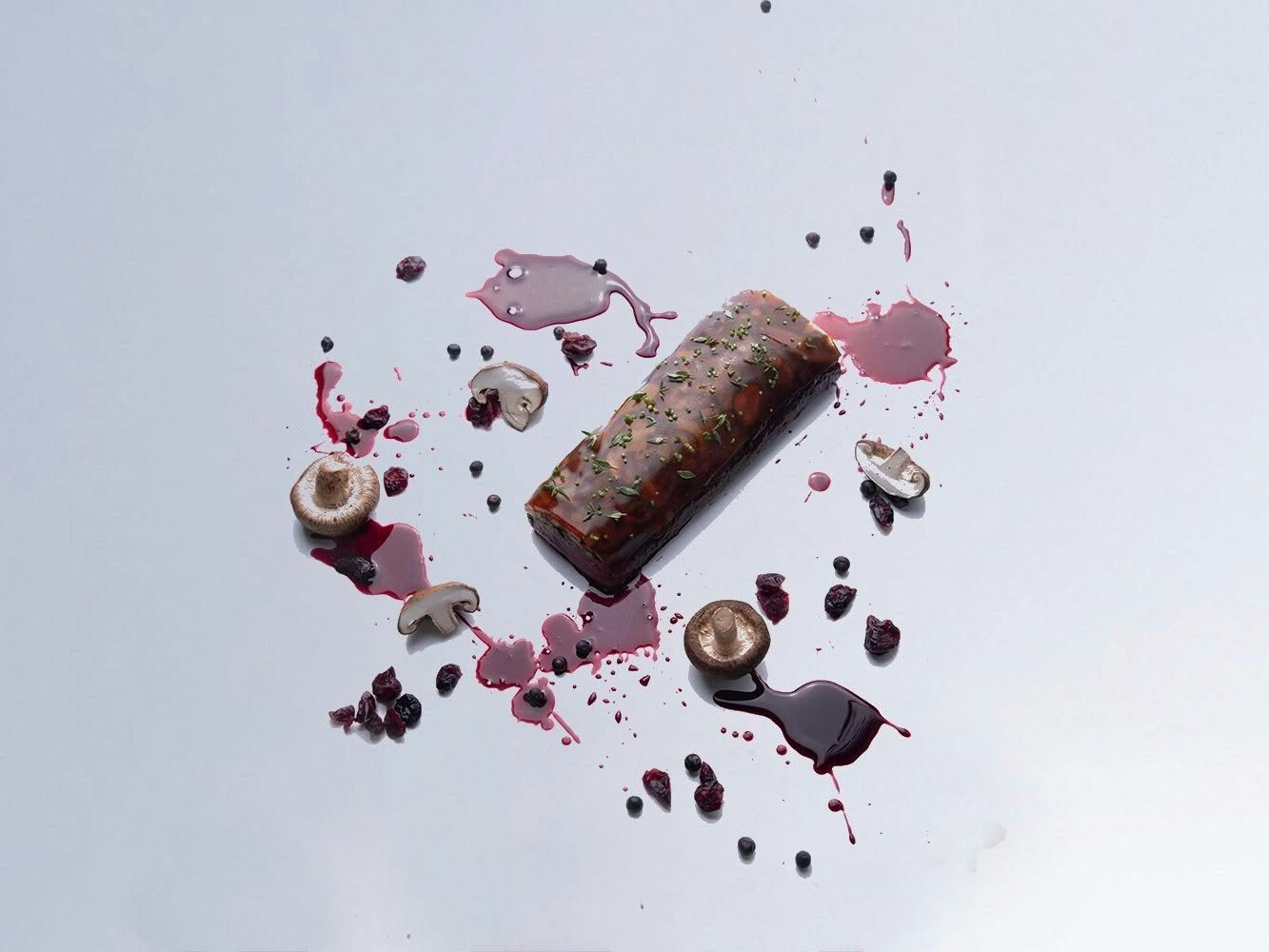Betty Chung believes that her two favourite things complement each other perfectly. “I’m an architect by day and a potter by night. I get my inspiration as a ceramic artist from architecture,” she says. “No matter how much I’m involved in an architecture project, even if I do the design, documentation and build, there’s a distance between myself and the building. With clay, it’s formed 100% with my own hands – that’s very satisfying and something you can’t get in architecture.” And the more hands-on skills can creep into the architecture life, too. When the time came to show a Melbourne client a model of their new apartment building, instead of the usual cardboard moderealizedrealised the concept in clay, crafting a clay model as a totally practical yet uniquely beautiful tool.
Just as her art is flavoured by her architectural work, she also draws influences from her cultural background, using her work to express her Asian heritage as well as her upbringing in a Western culture. All these strands can be glimpsed: hand-painting reminiscent of Chinese calligraphy swirls across plates, gritty textures contrast with satin-smooth glaze on a tiny pot and spoon.
She believes, “A plate is not just a plate, it’s a memory cue.” Just as the sight, smell and taste of food triggers memories, so the plate it’s presented on can echo that, too. This aesthetic has resulted in several commissions for flatware, including sushi plates for a superyacht, platters and plates for Mikey Newlands at Bracu restaurant in the Bombay Hills and Ode in Wanaka.
The commitment required to pursue a full time career in architecture and run a flourishing pottery business, Betty Chung Ceramics, demands time-management skills most of us would balk at. “The discipline required is huge,” Betty admits, “but if you love something you can always find time. Not having time is just an excuse.” Add in the role of teacher at her recently established pottery workshops, and her days just got even busier.
Betty runs pop-up workshops that teach the five essential skills of hand- building pottery: pinch-pot techniques; slabwork techniques; coil techniques; finishing techniques and slip-work techniques such as stencilling and sgrafitto. “Pottery is a lifelong passion,” she says and that’s what she’d like to pass to students who join her in her studio. bettychung.com
SEE MORE FROM CUISINE
Design File / Sara Bruce / Exhibit A / Auckland
The contents in a cold glass should be savoured. Having one superb…
When only the very best will do
How Bocuse d’Or Team New Zealand will meet the highest standards at…

